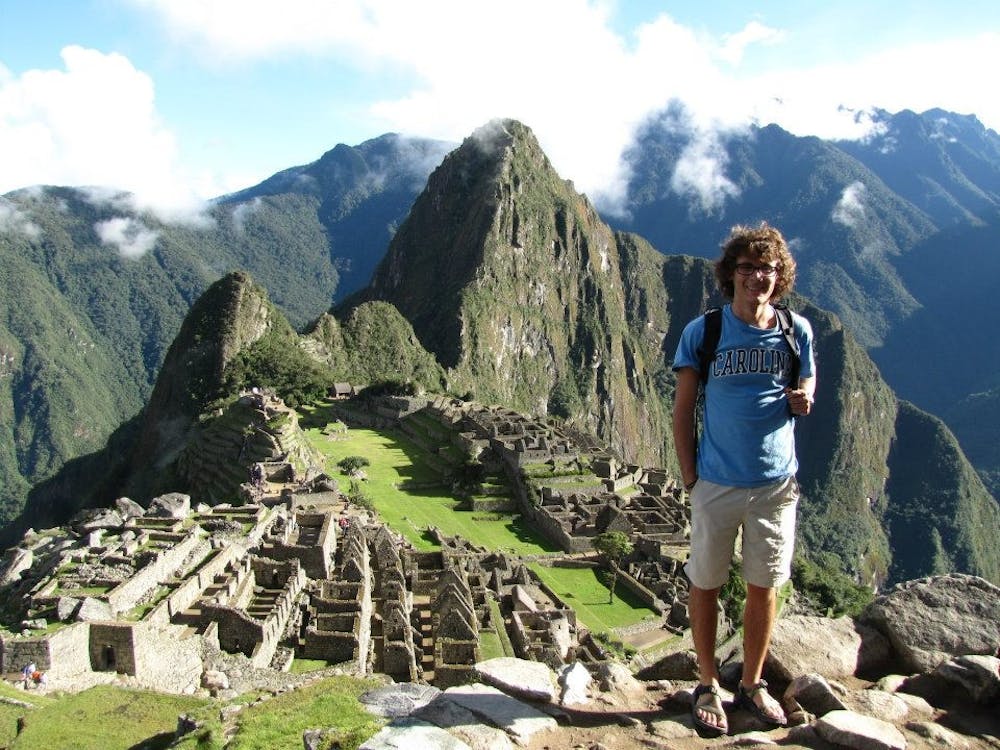UNC’s Global Gap Year Fellowship will soon expand due to a new partnership with Global Citizen Year and an anonymous donation pledge of $600,000 for the program.
The Global Gap Year Fellowship is a program currently offered to seven incoming first-year students who, after being accepted to UNC through early admission, would like to defer their enrollment and spend a year completing public service abroad.
Initially launched in 2011, GGYF is housed in the Campus Y, the University’s center for innovation and social justice on campus, and is partnered with the Office of Undergraduate Admissions. Eight cohorts of students have been sent on gap years since the program’s inception, said Sarah Smith, UNC's global civic engagement coordinator.
“Many of the fellows tell us that they were exhausted and almost burned out by the pursuit of getting into the university of their choice,” said Richard Harrill, director of the Campus Y. “A gap year offers an incredible opportunity to recharge the batteries and to do so while building a skill set and a mindset of a global citizen.”
The recent anonymous donation of $600,000 will allow GGYF to grow. The donation will be paid in equal installments over the next three years, Harrill said.
This spring, 14 fellows will be selected to go abroad in the fall, Smith said. After that, 21 fellows will be selected per year, for the next two years.
All incoming first-year students who are accepted through UNC’s early action phase are eligible to apply to GGYF. Interested students must complete a supplemental application. Semi-finalists are then selected to interview over Skype and finalists attend a weekend on campus and undergo an additional interview before being notified of decisions in April.
“We are really looking for students who are open minded and can grow and benefit from an experience like this,” Smith said.
Smith said these next three years will serve as a trial period as she and others on the GGYF team work out the logistics of the program with the new donation.



